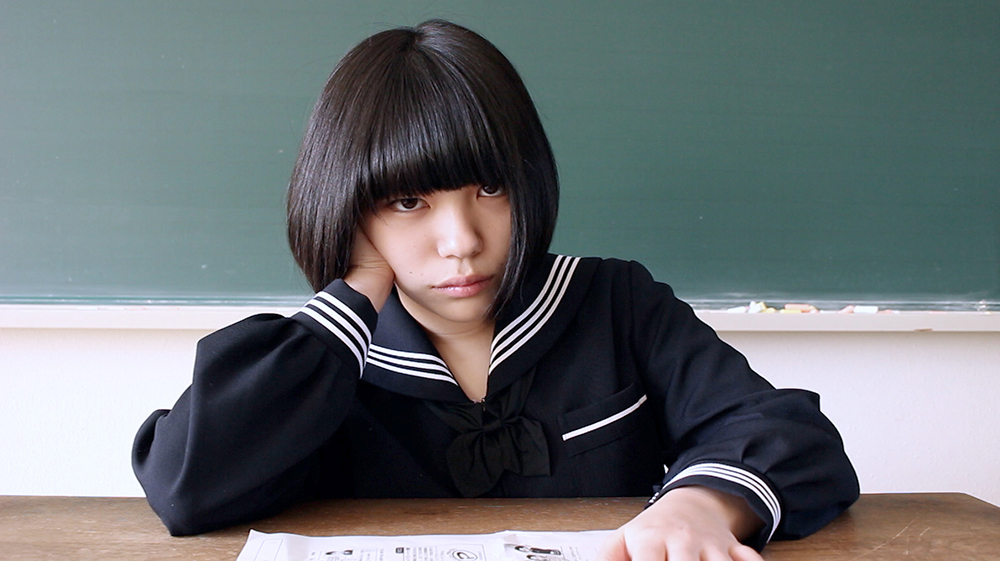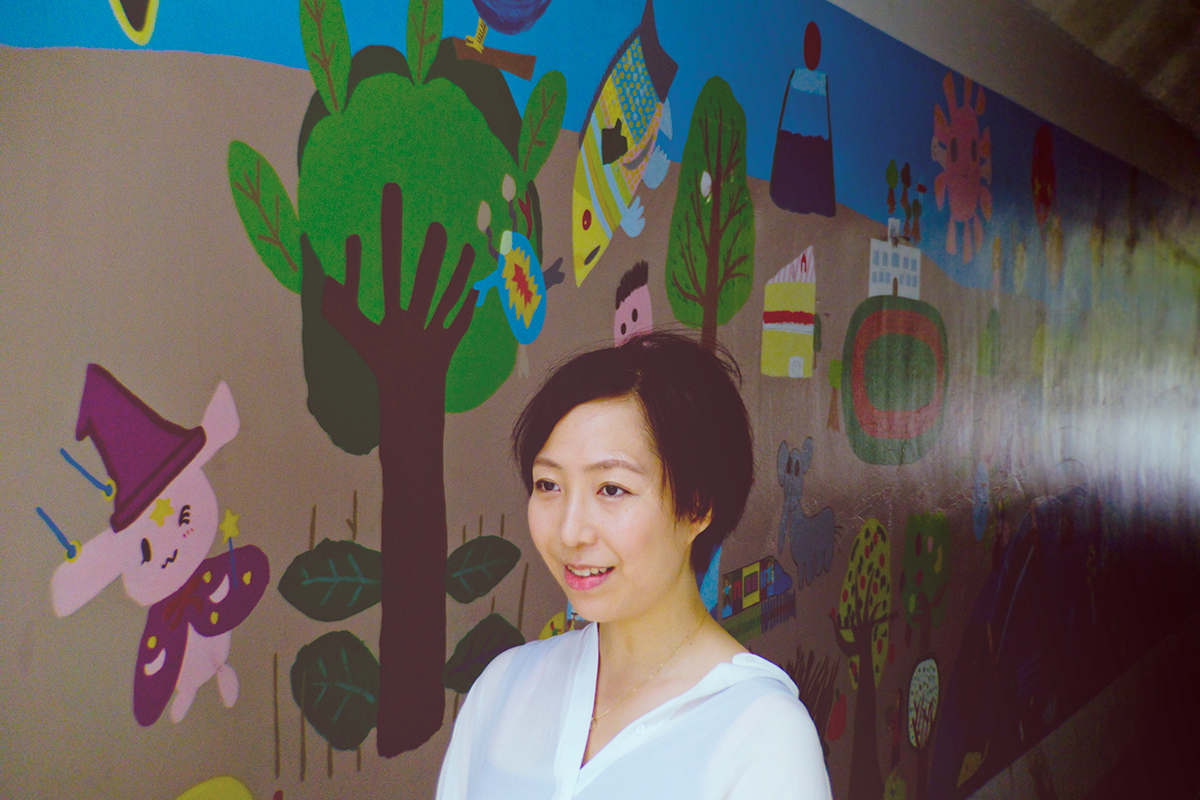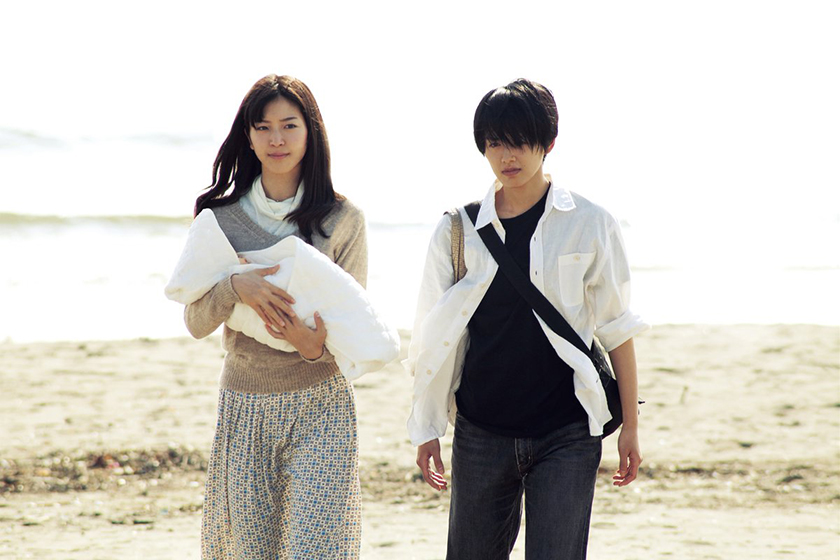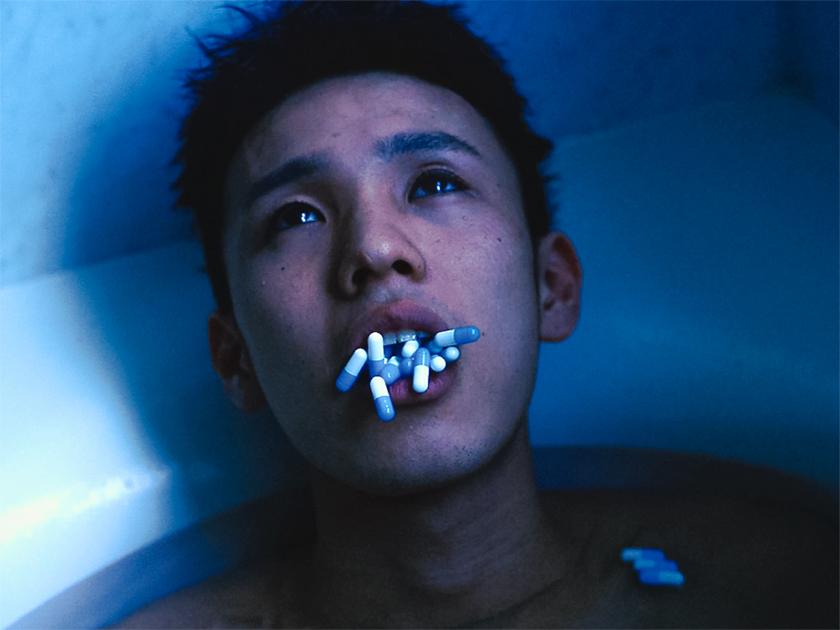Amiko
Rebellious teens and social rebelliousness have been and are an oft used theme in movies though some of the most memorable works were products of the social unrest of the 60s and 70s, both abroad and in Japan. While a fair degree of such movies are still offered by the independent scene abroad, much of the spirited filmmaking pioneered by such filmmakers as Kurosawa Kiyoshi, Sono Sion, Tsukamoto Shinya, and Ishii Sogo in the late 70s and 80s has all but vanished in Japan. So, when a movie that recaptures much of the feel of those bygone days emerges, not just stylistically but in terms of its content, people take notice. That the director of this movie is a 20-year-old young woman, the youngest ever to participate in the Forum Section of the Berlin International Film Festival, is further cause for excitement. Amiko is the story of a high school girl in a small provincial town who is absolutely convinced the Japanese have lost any sense of spontaneity. But a long conversation with Aomi, a …





